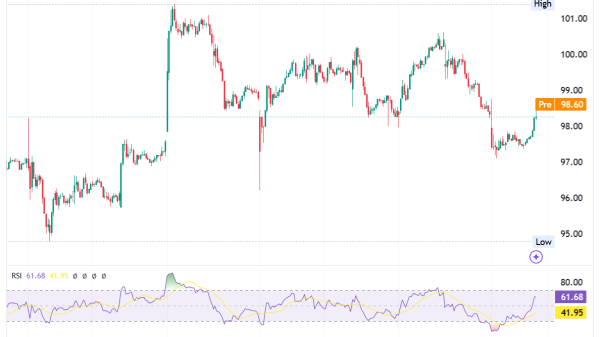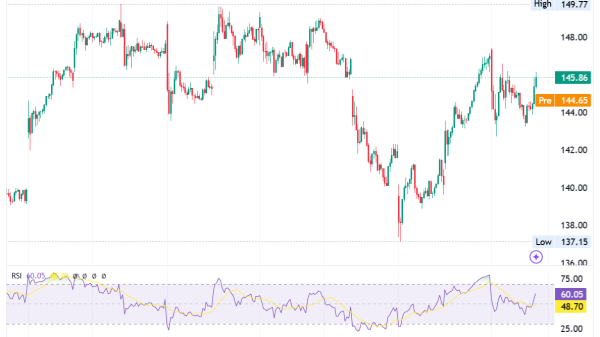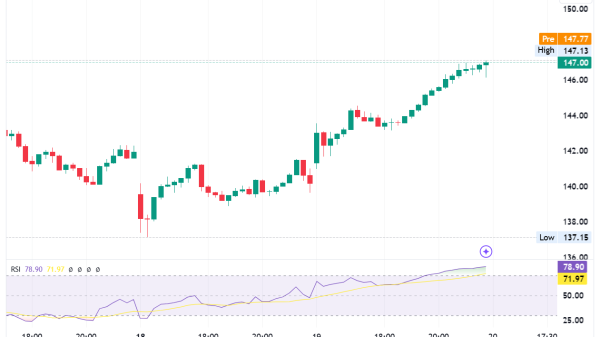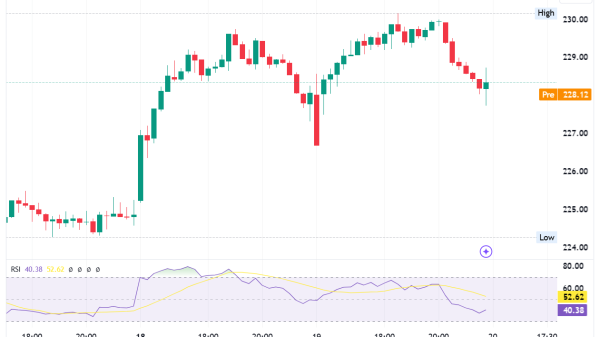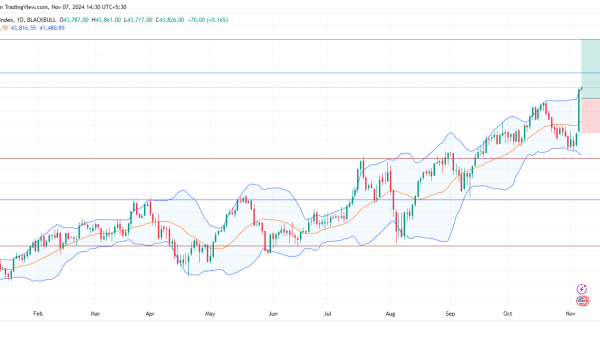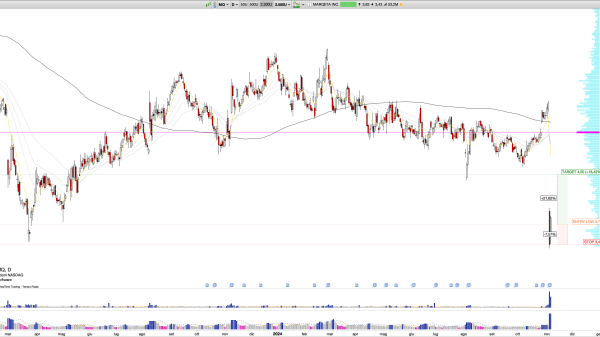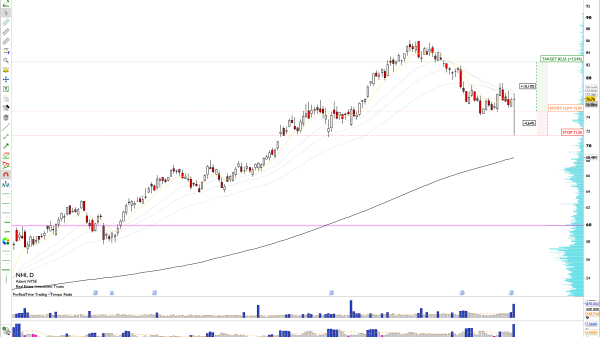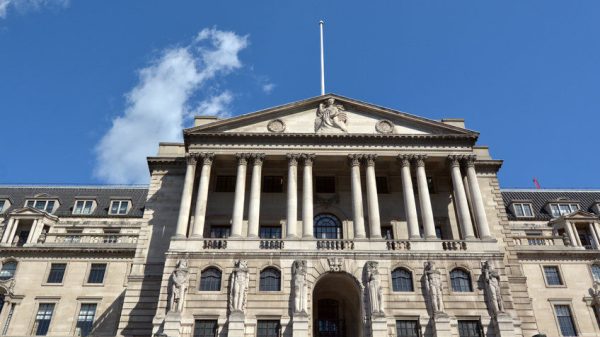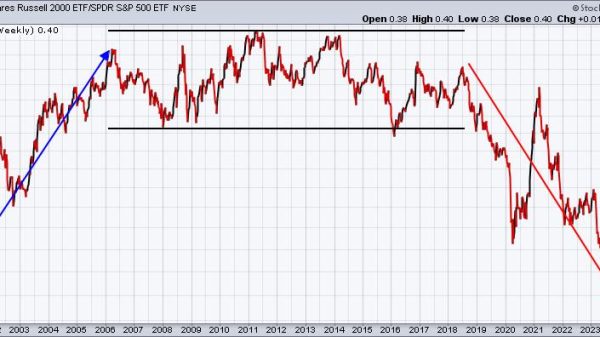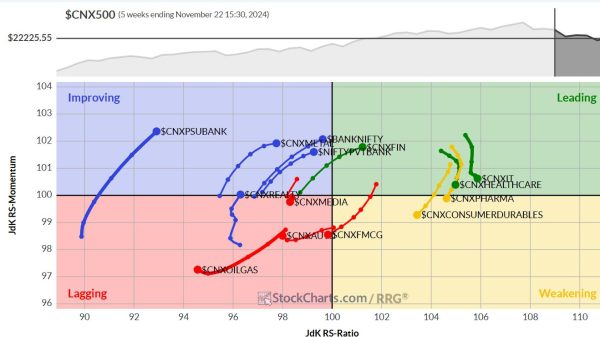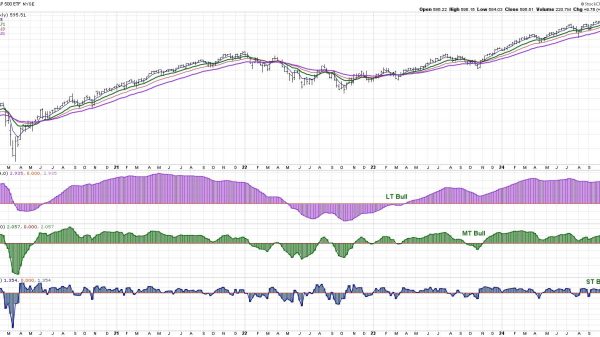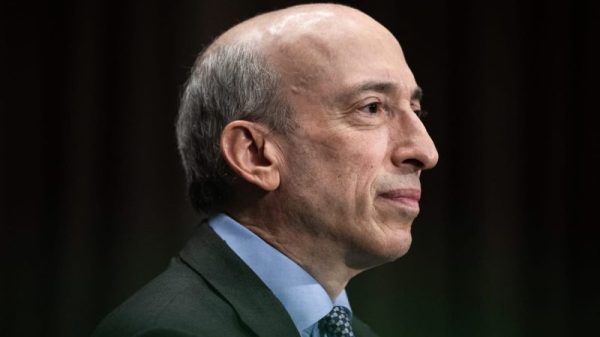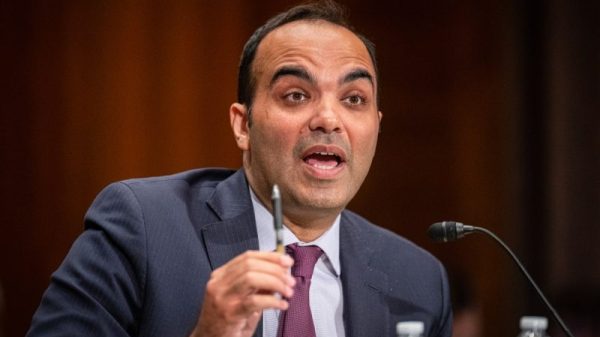China Crisis Looming: Cautious Steps Taken to Avoid It
As the world’s second-largest economy, China finds itself at a critical juncture. Recent economic data has highlighted the struggles faced by the retail and factory sectors. It also cast doubt on the sustainability of the country’s post-COVID recovery. Concerns are growing that the new China’s comeback could falter, potentially triggering significant job losses and plunging the economy into a recession. Against this backdrop, some analysts expect the People’s Bank of China (PBOC) to implement key lending benchmark cuts, signaling a cautious effort to shore up the slowing recovery. Still, the China crisis looms large on the horizon.
Sluggish Recovery Sparks Alarming Trends
The initial momentum observed in the first quarter of this year has proven challenging for the retail and factory sectors to maintain. Moreover, such trends have raised legitimate concerns about the potential stagnation of China’s economic resurgence in the coming months. The recovery road for real China isn’t easy. Massive job losses in the country threaten to undermine the progress it has made since the pandemic’s onset.
PBOC’s Easing Measures
To combat the economic headwinds, the PBOC recently lowered short- and medium-term policy rates. This decision reflects its intent to embark on a new phase of monetary easing. The central bank aims to stimulate recovery and reignite economic growth. However, the effectiveness of these measures remains uncertain, given the cautious nature of households and businesses. The latter prioritize deleveraging and debt repayment.
Anticipated Cuts in Lending Benchmarks
A survey conducted among 32 market experts showed that there’s a unanimous consensus for cuts to both the five-year tenor and the one-year loan prime rate (LPR). Moreover, the majority of respondents, around 66%, predict a 10-basis point reduction in the one-year LPR, ranging from 3.65% to 3.55%. Meanwhile, half of the analysts and traders surveyed anticipate a deeper cut of at least 15 basis points to the five-year LPR, serving as a mortgage reference rate. They think that would boost housing demand and stabilize the struggling property sector.
Challenges and Uncertainty
While the expected cuts in LPR offer a glimmer of hope for the new China, the size of the reductions remains a subject of debate among market participants. Some proposed a more substantial reduction in the mortgage reference rate. They hope this addresses the ailing property sector’s urgent need for policy support. However, the effectiveness of such measures will likely hinge on additional targeted fiscal and stimulus interventions, as cautioned by David Chao, global market strategist for Asia Pacific at Invesco.
Government Pledges Support Amidst a Crisis
Recognizing the economic challenges, China’s cabinet convened recently to discuss measures aimed at propelling growth. It also reaffirmed its commitment to roll out comprehensive policy support. The government’s dedication to addressing the crisis and ensuring stability within emerging markets in China remains crucial for the nation’s economic trajectory.
As the country confronts an uncertain future, it faces the daunting task of reinvigorating its recovery amidst the possibility of a crisis. The imminent cuts in lending benchmarks by the PBOC are a cautious step towards stabilizing the economy. But their impact will depend on how households and businesses respond. Additional targeted fiscal measures, combined with proactive policy interventions, will be vital in navigating the challenges that lie ahead. If all goes well, the government will be able to avert the China crisis in the coming months.
The post China Crisis Looming: Cautious Steps Taken to Avoid It appeared first on FinanceBrokerage.

